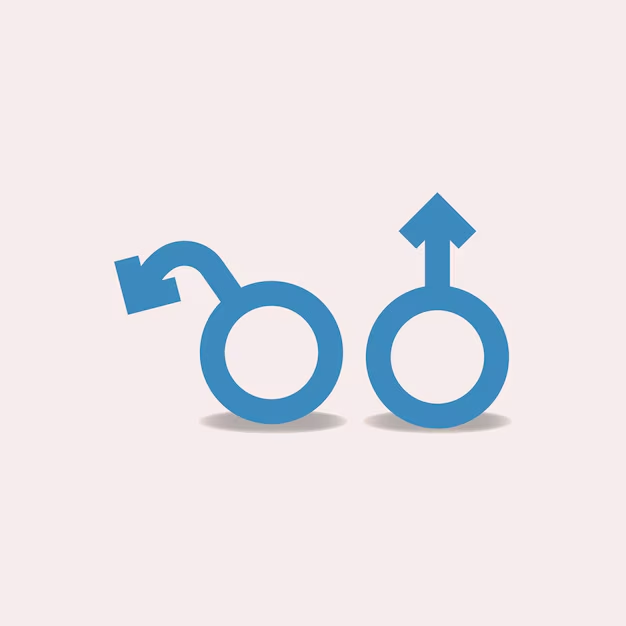What Causes It?
Cardiovascular issues - Heart disease, atherosclerosis (clogged arteries), high blood pressure, and high cholesterol can all restrict blood flow to the penis.
Diabetes - Can damage nerves and blood vessels necessary for erection.
Neurological disorders - Conditions like multiple sclerosis, Parkinson's disease, stroke, or spinal cord injuries can affect nerve signals to the penis.
Hormonal imbalances - Low testosterone levels, thyroid problems, or other hormonal disorders can contribute to ED.
Medications - Many drugs can affect erectile function, including certain blood pressure medications, antidepressants, anti-anxiety drugs, antihistamines, and medications for treating prostate cancer.
Surgeries or injuries - Procedures affecting the pelvic area or spinal cord, especially prostate surgery, can damage nerves and tissues needed for erection.
Lifestyle factors - Smoking, excessive alcohol consumption, drug use, and obesity can all contribute to ED.
Psychological causes - Stress, anxiety, depression, relationship problems, or performance anxiety can lead to or worsen ED.
Sleep disorders - Conditions like sleep apnea can contribute to ED.
Aging - The prevalence of ED increases with age, though it is not an inevitable part of aging.
Signs & Symptoms
Difficulty achieving an erection - Being unable to get an erection at all, or finding it difficult to get one when desired.
Difficulty maintaining an erection - Being able to get an erection but not keep it long enough for satisfactory sexual activity.
Reduced sexual desire - Diminished interest in sexual activity, often accompanying erectile problems.
Premature or delayed ejaculation - Problems with ejaculation may occur alongside ED.
Anxiety or distress - Psychological distress about sexual performance or the condition itself.
Relationship difficulties - Tension, communication problems, or dissatisfaction in intimate relationships related to the condition.
